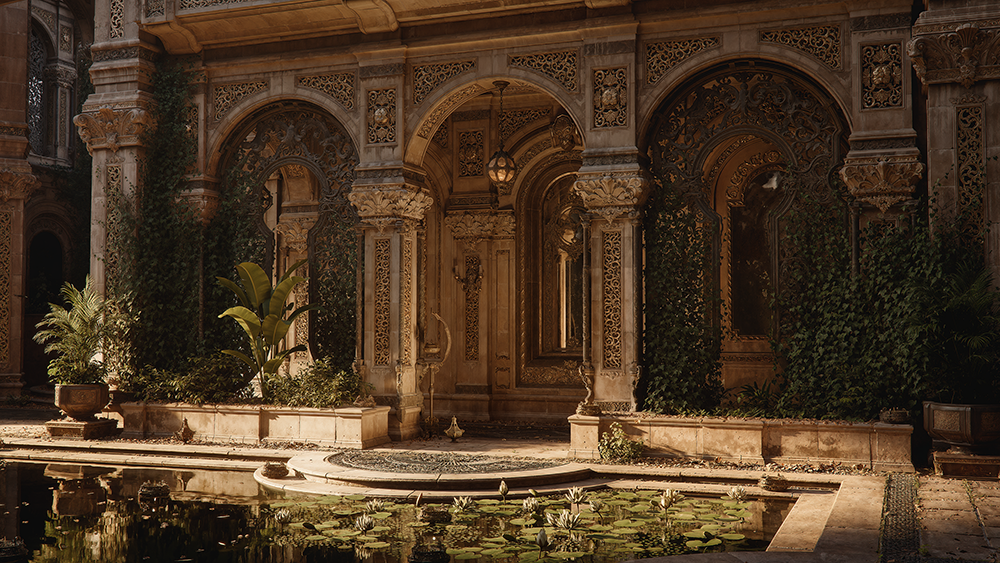Microsoft is ushering in a new era of graphics rendering with the integration of neural rendering into its DirectX API, leveraging the power of AI and machine learning (ML) to enhance visual fidelity and efficiency in games and other graphics-intensive applications.
Neural rendering uses ML models to generate and enhance visual elements like textures, lighting, and image upscaling. By offloading rendering tasks to AI, this technique can significantly improve both speed and accuracy while reducing the computational burden on traditional rendering pipelines. Nvidia's DLSS and AMD's FSR have already demonstrated the potential of AI-enhanced rendering, and Microsoft's initiative aims to create a standardised and open foundation for these capabilities within DirectX (via Tom's Hardware).

A crucial component of this DirectX evolution is Cooperative Vector. This new feature optimises matrix-vector operations, which are essential for AI tasks like training, fine-tuning, and inference, leading to significant performance improvements in real-time rendering. By enabling AI operations to run at multiple shader stages, Cooperative Vector support allows for the efficient execution of neural networks without monopolising GPU resources.
Microsoft is actively collaborating with major GPU manufacturers, including AMD, Intel, Nvidia, and Qualcomm, to ensure that these new features are optimised for a wide range of hardware architectures. This collaborative approach aims to democratise access to AI-accelerated graphics, fostering innovation and competition across the industry.
Discuss on our Facebook page, HERE.
KitGuru says: While these advancements are still under development and lack a concrete release date, they highlight the growing importance of AI in shaping the future of graphics. Whether you're an AI advocate or not, it seems AI will eventually become standard in game graphics.
 KitGuru KitGuru.net – Tech News | Hardware News | Hardware Reviews | IOS | Mobile | Gaming | Graphics Cards
KitGuru KitGuru.net – Tech News | Hardware News | Hardware Reviews | IOS | Mobile | Gaming | Graphics Cards


